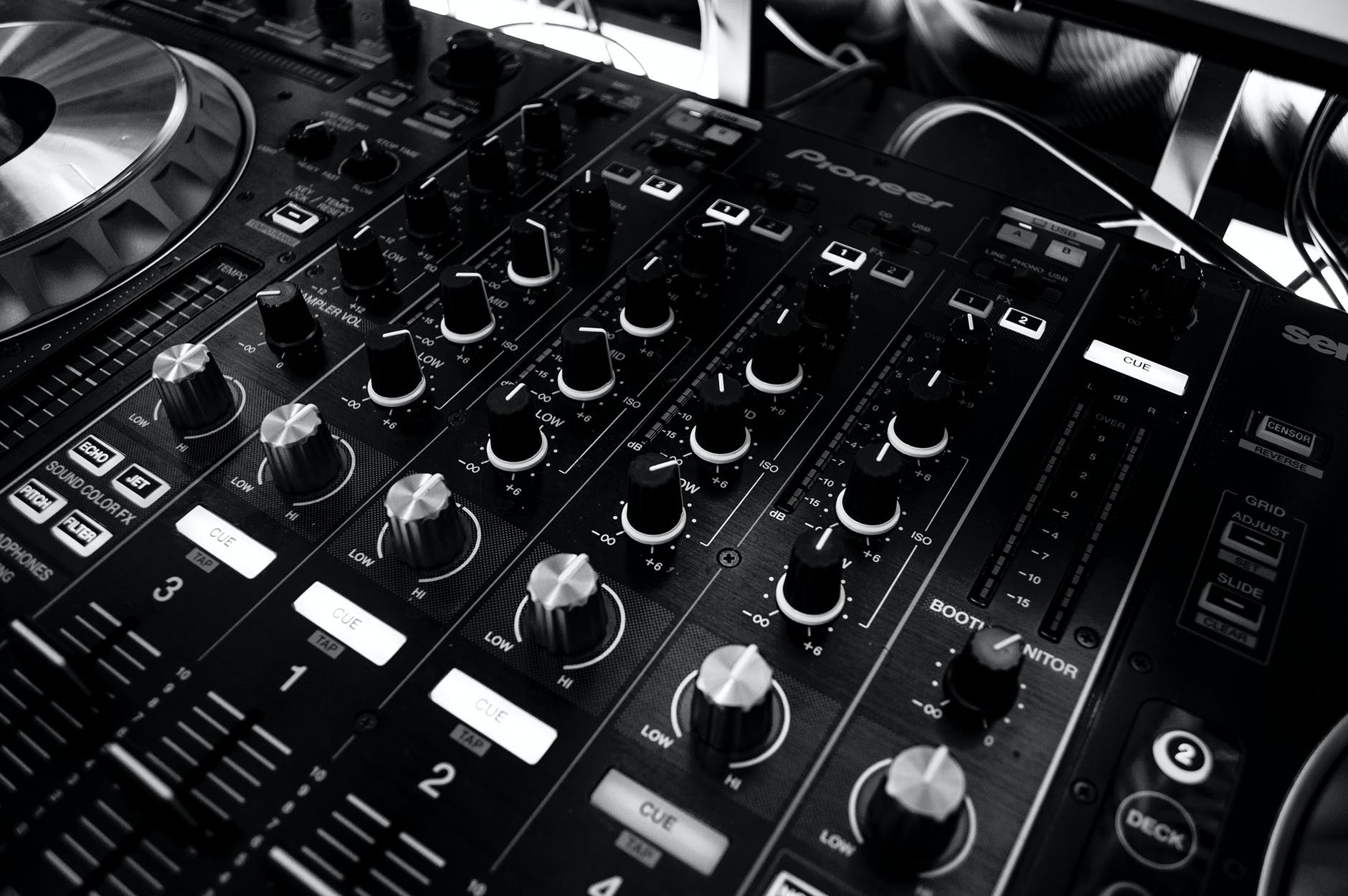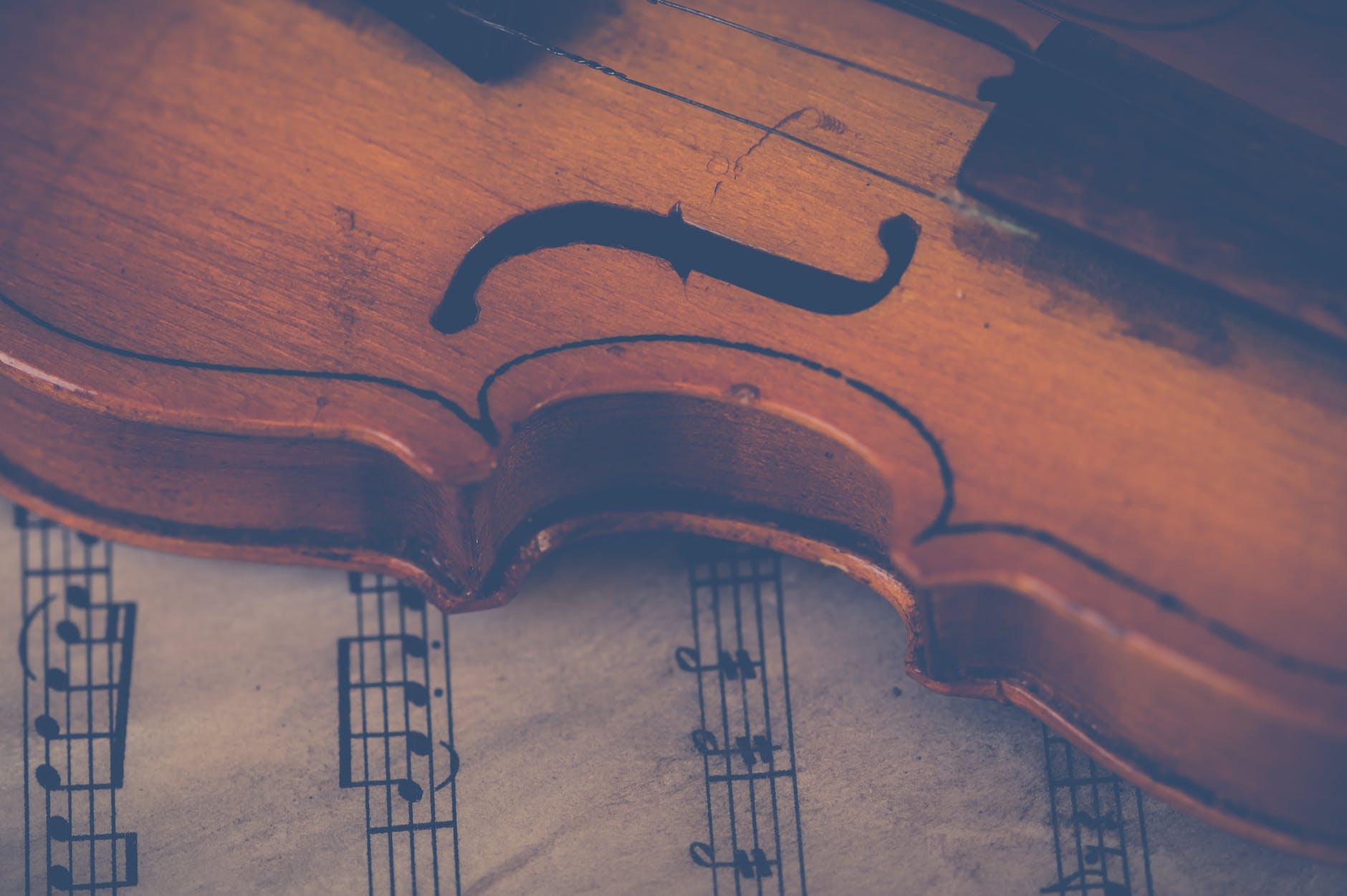Music A Level
DEPARTMENT STAFF
Subject Leader: Mr B Lukosius
DEPARTMENT STAFF
Subject Leader: Mr B Lukosius
Music is a universal language that connects people across the globe. As a subject, it is broadly divided into 3 inter-related disciplines: Performance, Composition and Appraisal. Through these disciplines, the study of music seeks to expand creativity, refine technical skills and explore how and why music has evolved through time. The Music Department promotes a love of music, and aims to enable students to establish their own musical identity and develop into highly competent musicians.

The course is divided into Performance, Composition and Appraisal. You can choose to specialise in either performance or composition which affects the weighting of each element, allowing you to work to your strengths as a musician.
- For Performance, you are required to prepare a recital on your chosen instrument for an examiner that visits in the spring of year 13. This is largely covered outside school with your instrumental teacher – you will work with them to design and rehearse your recital and perform to your classmates once a term.
- For Composition, you will learn a variety of composition techniques in order to complete both free and set-brief pieces. You will further develop your proficiency in using musical software to compose.
- For Appraisal, you will cover 3 areas of study: the ‘Western Classical Tradition’, ‘Rock and Pop’ and ‘Into the 20th’ Within these, you will explore key genres, styles, artists and set works, analysing their musical features in relation to the social and historical context in which they were composed.
Music A levels builds upon the skills and knowledge acquired at GCSE and develops them further, enabling you to complete much more in-depth analysis of music. Alongside the core content, you will develop vital musicianship skills such as aural awareness, dictation, sight-reading and understanding of chords.
Entry Requirements
You should be at least grade 5 level on your instrument or voice, and you should have a solid understanding of reading notation and basic music theory. You should have a genuine passion for performing, composing and learning about music. Music A Level is a challenging but highly rewarding subject that requires dedication and self-motivation.

Career Prospects
Career options in the music field are vast and varied: from performer or composer to teacher, journalist or music therapist. Having a musical background is essential for all roles in the music industry including management, promotion and production. Whether you are considering a career in the music industry or not, Music A Level develops a wide range of transferable skills that are looked upon favourably by employers. Learning an instrument to a high level takes time and commitment showing that you are determined to succeed. Musicians are required to work and perform together, showing that you have excellent teamwork skills, as well as confidence. Performing and writing music also demands creativity, resilience and the ability to self-evaluate.
Extra-Curricular Possibilities
- Supporting music for mass and other liturgical events (vocal and/or instrumental)
- St. Anne’s Gospel Choir
- School Productions
